Elevate Your Home’s Value with a Residential Roofer
When homeowners think about boosting their property value, they often focus on kitchens, bathrooms, and curb appeal. While these improvements can be impactful, few investments compare to the value of a durable, attractive, and professionally installed roof. A roof doesn’t just protect your home—it plays a critical role in energy efficiency, structural integrity, and resale potential. If your goal is long-term value, working with a reliable residential roofer can offer far-reaching benefits you may not have considered.
In fact, your roof is one of the most critical exterior features of your home, exposed to everything from intense UV rays and hail to high winds and heavy rain. Over time, these natural elements wear down roofing materials, even those considered durable. When that happens, other parts of your home—such as siding, insulation, and attic space—can also be affected. Addressing roofing concerns early with help from a residential roofer allows you to stop small issues before they grow into major structural problems.
Beyond protection, your roof contributes significantly to your home’s architectural appeal. It can either enhance or detract from your home’s overall look, depending on the materials, slope, and color. When updated with intention, a roof improves both visual consistency and resale potential, adding measurable value in competitive real estate markets.
Waiting too long to take action can lead to costly issues, while addressing roofing needs proactively can increase your home's marketability and functionality. Partnering with an experienced residential roofer helps ensure you receive tailored guidance and professional workmanship to elevate your home inside and out.
Increase Your Home's Curb Appeal
Your roof is one of the first things potential buyers or visitors notice. A clean, modern, and well-installed roof instantly enhances your home's curb appeal, signaling that the property is well-maintained and structurally sound. An old or visibly worn roof, on the other hand, can turn buyers away or raise red flags about possible water damage, energy inefficiency, or neglect.
By working with a professional residential roofer, you can select roofing materials and styles that complement your home’s architecture while improving its overall aesthetic. Options such as dimensional shingles, metal roofing, or eco-friendly materials can help achieve a fresh look that aligns with current design trends. The roof’s appearance influences not only how others perceive your home but also how it performs in terms of weather resistance and longevity.
When paired with other exterior upgrades, like siding or new gutters, a roofing project can dramatically transform your property’s appearance. Even if you’re not planning to sell right away, knowing that your home presents itself beautifully from the outside can boost your pride of ownership and neighborhood standing.
Protect the Structural Integrity of Your Home
Beyond aesthetics, your roof is a central element in maintaining the integrity of your home's structure. Water intrusion, wind damage, and shifting shingles can compromise the roof deck and internal systems if left unaddressed. A residential roofer is trained to spot these vulnerabilities and recommend solutions before small issues become major repairs.
With regular inspections and preventive maintenance, homeowners can avoid the risk of rot, mold, insulation damage, or weakened rafters. Each of these issues can result in costly interior repairs and potentially lower your home’s value. By investing in roofing services at the right time, you safeguard your home’s framework and improve its resilience against storms and seasonal wear.
Professional roofers also understand local building codes and weather patterns, which influence material selection and installation practices. A roof constructed with these factors in mind will outperform a generic build and provide more dependable protection year-round.
Boost Energy Efficiency of Your Home
Many homeowners don’t realize the impact their roof has on heating and cooling costs. An outdated or poorly insulated roof allows heat to escape during the winter and traps it during the summer, causing HVAC systems to work overtime. This results in higher energy bills and uneven indoor temperatures that affect overall comfort.
By working with a knowledgeable residential roofer, you can explore energy-efficient roofing options that reduce thermal transfer and promote better ventilation. Some materials offer reflective coatings or are designed to minimize heat absorption, directly lowering your utility expenses. Combined with proper attic insulation and ventilation, a high-quality roof system becomes a key player in creating a more sustainable home.
Energy-efficient roofs are also attractive to prospective buyers, especially those prioritizing green living or looking to save on long-term operating costs. Updating your roof with efficiency in mind not only enhances comfort—it increases your home’s appeal in today’s environmentally conscious market.
Strengthen Your Home’s Market Value
One of the most compelling reasons to hire a residential roofer is the potential return on investment when selling your home. A new or well-maintained roof adds significant value and helps expedite the sales process. Buyers tend to shy away from properties with known roofing issues, fearing unexpected repair costs or structural complications down the line.
According to Gitnux, around 25% of American homes have a roof over 20 years old. For these homeowners, updating the roof is not just a cosmetic change—it’s a financial opportunity. Replacing an aging roof makes a home significantly more attractive to buyers and adds to overall market confidence. When buyers see documentation from a trusted residential roofer, it signals the property is move-in ready and free from major structural concerns.
Even if you're not actively preparing to sell, maintaining your roof boosts your equity and provides financial flexibility. Whether you're refinancing, pulling equity for home improvements, or updating insurance policies, having a structurally sound roof strengthens your position across the board.
Enjoy Long-Term Peace of Mind at Your Home
While it’s easy to overlook the roof until problems arise, proactive maintenance offers long-term peace of mind. A reputable residential roofer offers services beyond installation, including inspections, routine repairs, and annual checkups. Establishing a relationship with a trusted roofing professional means you’ll always have an expert to call when issues arise—no guesswork, no delay.
Peace of mind also comes from warranties and workmanship guarantees. Many professional roofers offer labor warranties and support in navigating manufacturer coverage. These protections add value to your roofing investment and make sure you’re not left to deal with future issues alone.
With so many homes aging across the country, homeowners are recognizing the importance of timely roof updates. Working with a residential roofer eliminates the uncertainty and stress of unexpected leaks or damage. Instead of reacting to roofing failures, you’re making informed choices that protect your property and your budget.
Your roof is more than just a covering—it’s a vital part of your home’s overall performance and value. From increasing curb appeal and structural integrity to improving energy efficiency and marketability, the advantages of working with a qualified residential roofer are extensive.
Choosing to invest in your roof is not just about solving immediate problems—it’s about preparing your home for the future. When you work with a professional who understands your local climate, property type, and goals, you’re getting more than a service—you’re gaining a long-term partner in your home’s care.
Whether you're staying put for the next decade or considering a move in the near future, Bold Roofing Inc can provide a well-maintained and efficient roof that ensures daily comfort and long-term value. Trusting your home to a residential roofer like us, who prioritizes craftsmanship and durability, is one of the smartest decisions you can make as a homeowner. Call today!
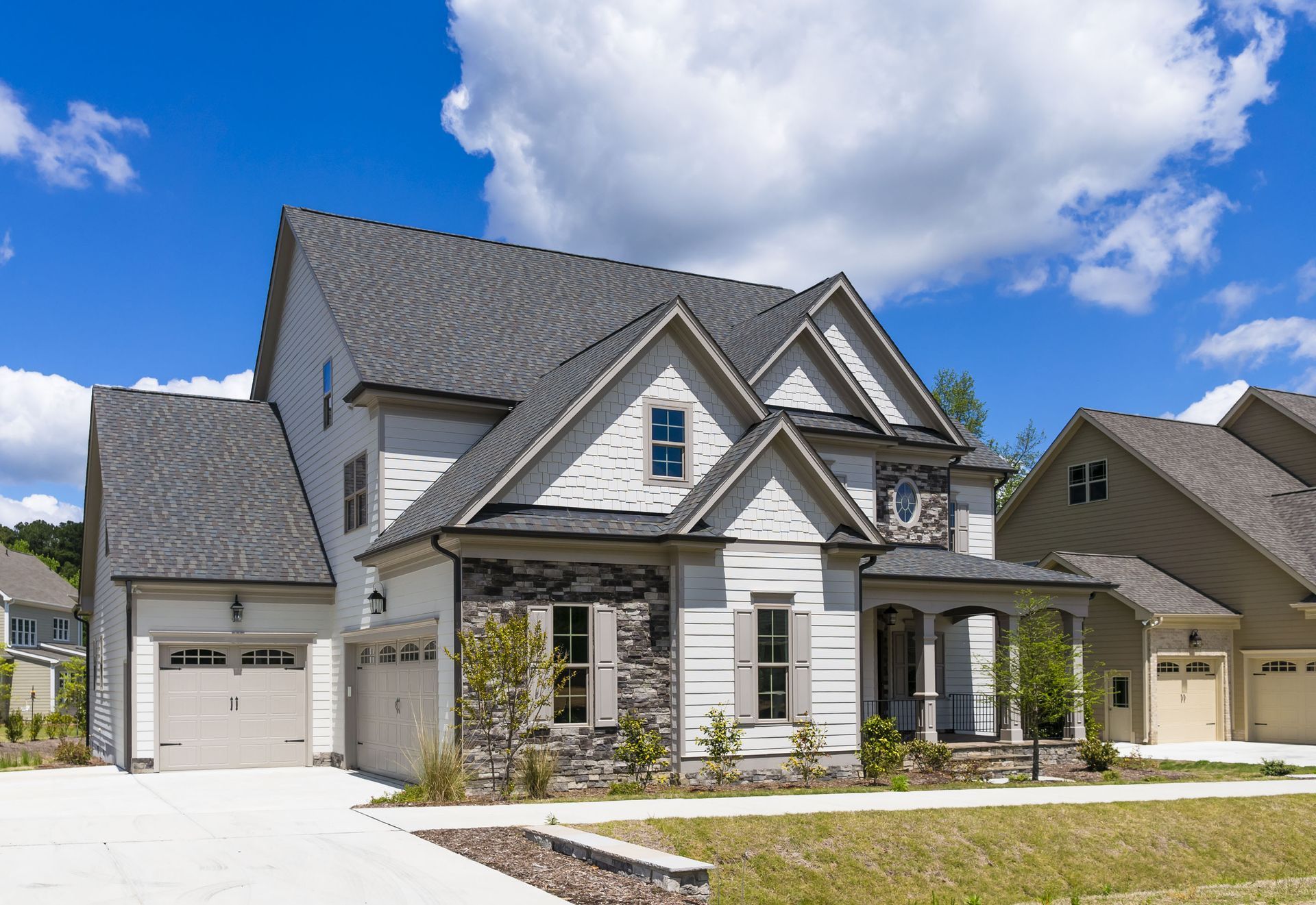
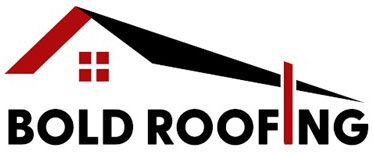

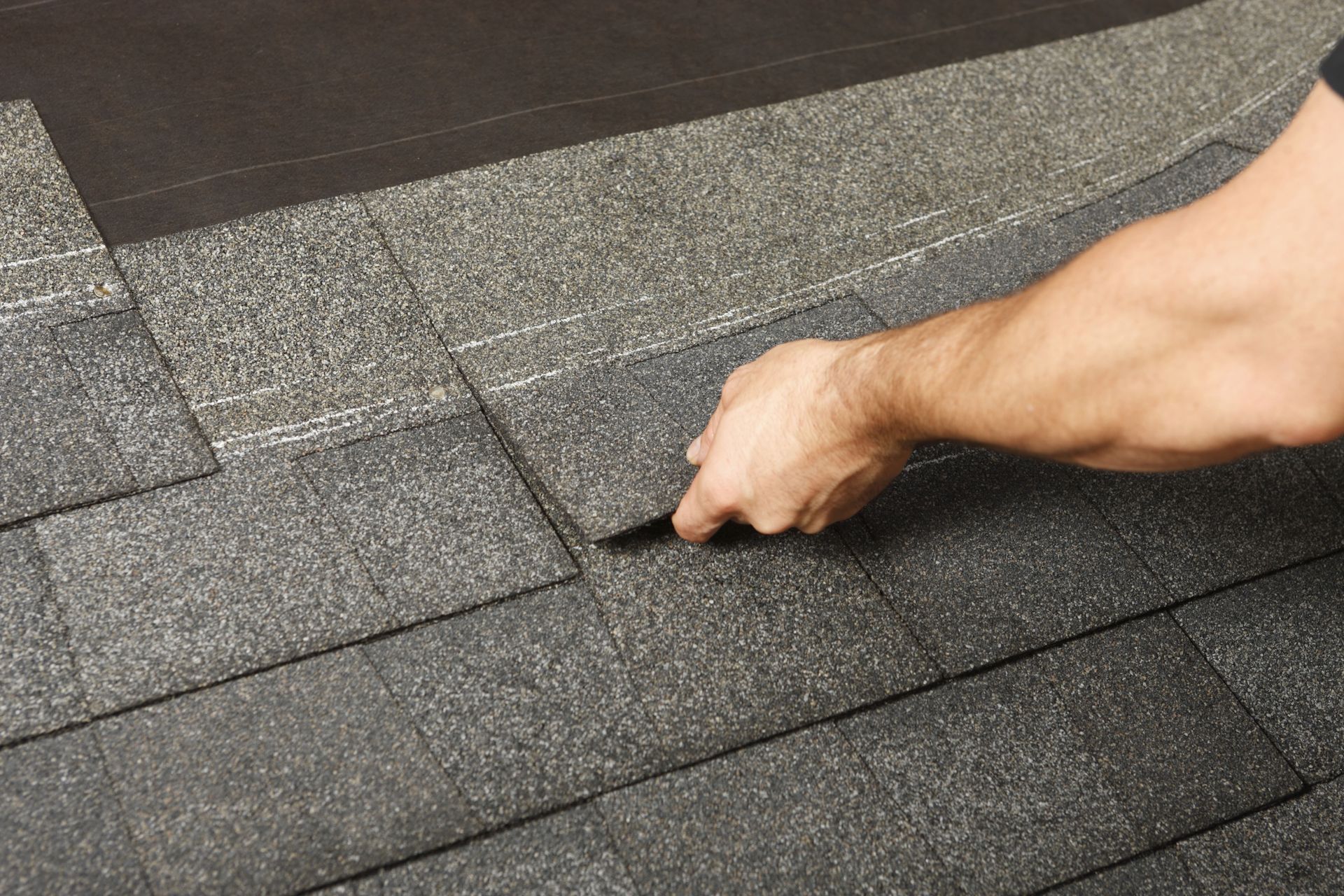
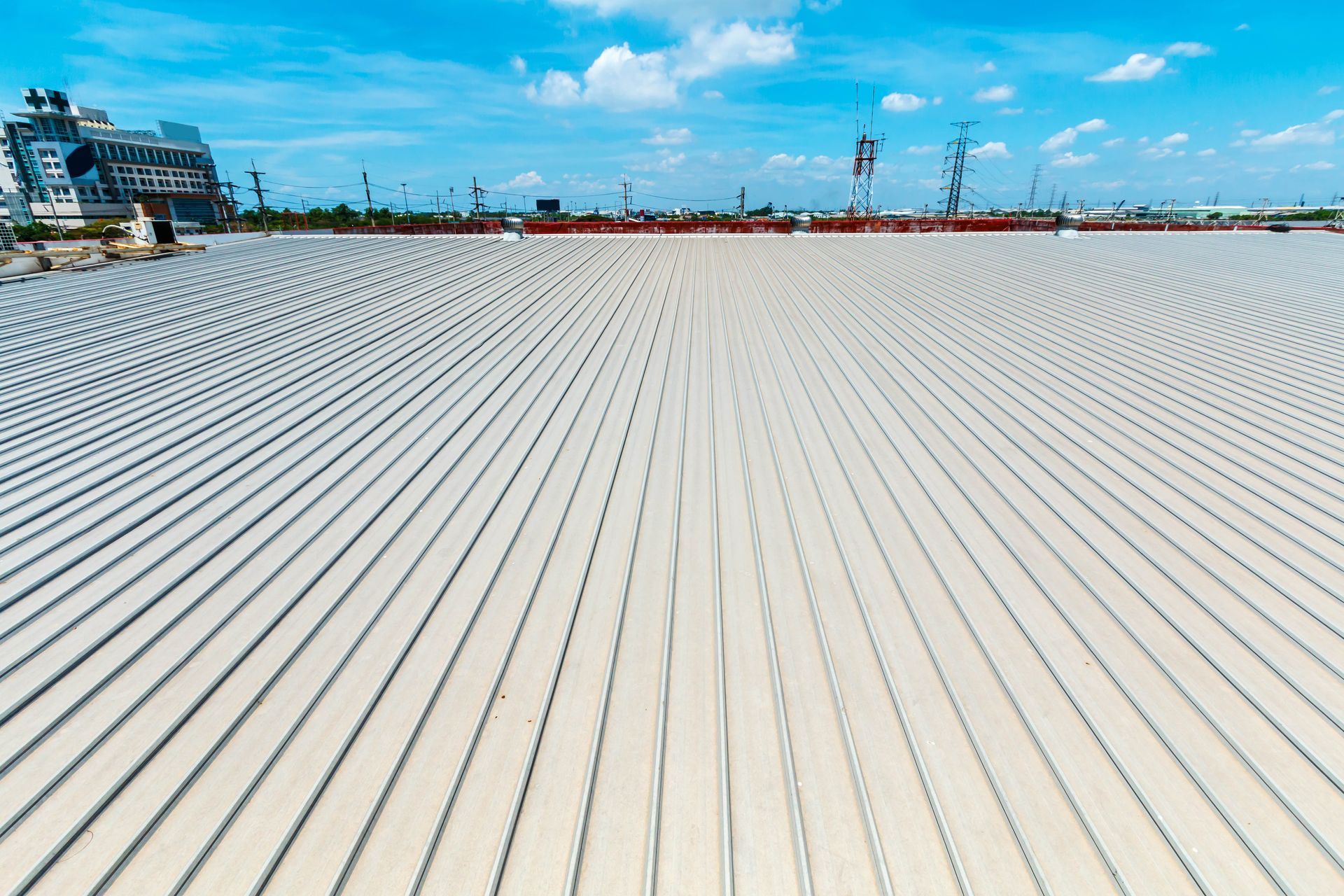
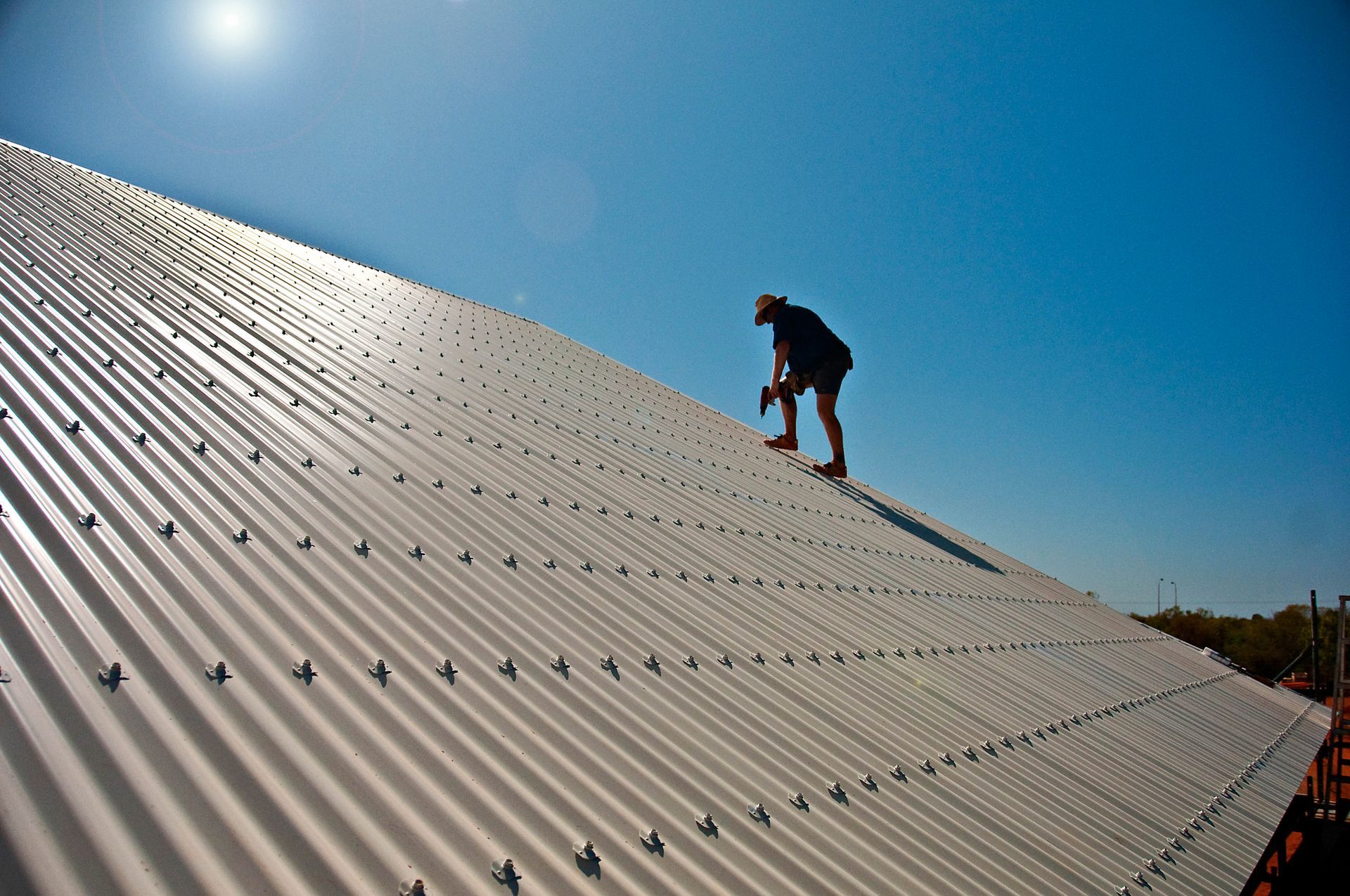

Share On: